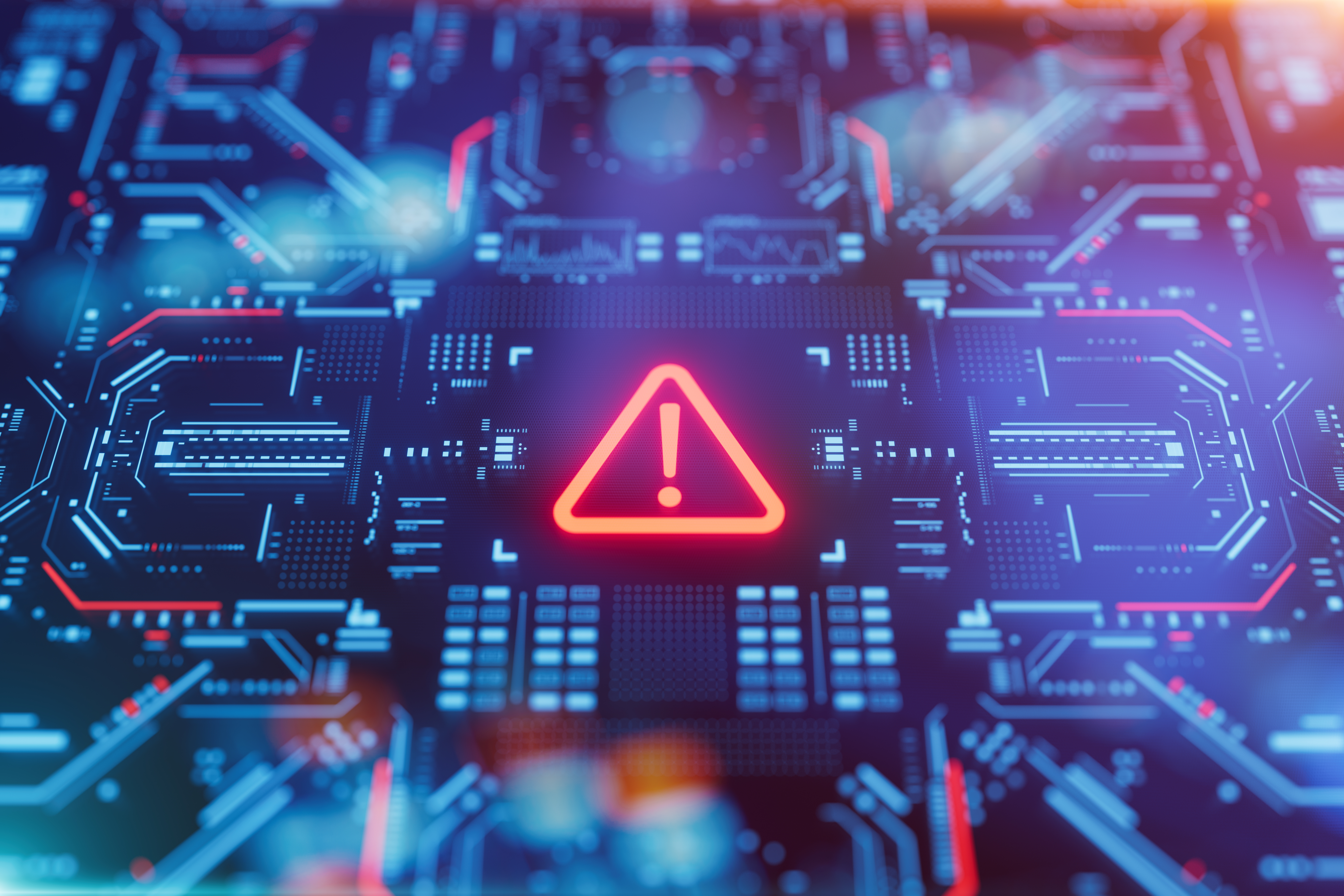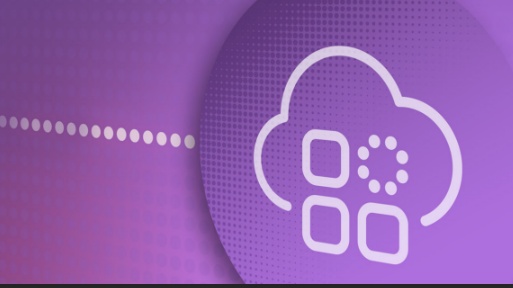5 cyber security predictions for 2016
How to defend your business against the worst hackers have to offer in the New Year


When it comes to crystal ball gazing in the tech world, the rule of thumb is not to do it as you only end up looking like an idiot in 12 months' time.
This time, though, the sad truth of the matter is that predicting the shape of the IT security threatscape for next year really isn't that hard: 'more of the bloody same' pretty much sums it up.
But while exploit kits, DDoS attacks, and ransomware will all continue marching into the enterprise and doing damage, these threats will also evolve to become more dangerous.
Here's five IT security predictions to mull over as you recover from your New Year's Eve party.
Evolution not revolution
Criminals, be they of the cyber variety or any other, tend to stick to what they know works. However, the good guys are always upping the stakes by making it harder for that stuff to work, which forces the criminals to modify and improve their attacks.
Both the tactics and the tech are being constantly tweaked to make it harder to detect what is going on, and therefore making these attacks harder to stop.
Get the ITPro daily newsletter
Sign up today and you will receive a free copy of our Future Focus 2025 report - the leading guidance on AI, cybersecurity and other IT challenges as per 700+ senior executives
What doesn't move, of course, are the goalposts: the bad guys are still after your data. This means you should focus on making it not only as hard as possible to access, but also useless to a thief if they do get through the barricades (yes, we're talking encryption here).
But what about the revolutionary changes, surely there must be some threats that fall outside of the 'slightly tweaked' norm, surely there must be some things that won't be obvious on the radar?
I'm not convinced that's actually true, at least not in the sense of being able to predict what they will be. Revolutions tend not to be announced in advance, after all. What we can do, though, is second guess the likely moves that will impact the enterprise and suggest you keep an eye open for them.
Harder, stronger, deeper, longer
One such shift will be more specific platinum breaches as criminals pick their targets, rather than adopting a scattergun approach. A platinum breach is the one that makes the headlines, the big job, the attack that yields a stupid-millions data haul.
The bad guys are likely going to rely less on broad-brush attacks when targeting these large enterprises and instead go deeper and narrower, becoming more sophisticated and spending more time and money to breach the defenses.
We've already seen such incidents as the TalkTalk data breach and the OPM hack in 2015 expect more in the New Year.
Arm the Androids
The weaponising of Android attacks could, finally, become a reality in 2016. We've already seen the warning shots being fired across the bows of the mobile landscape: Stagefright was a very near miss.
I've singled out Android for two reasons: market size and fragmentation. It has the largest number of mobiles users by a massive margin, and the OS is fragmented across handsets and versions. So not only is the opportunity for profit enormous for the bad guy, but the ability to roll out security protection against newly discovered vulnerabilities is hamstrung by the fragmented nature of the beast.
Internet of Insecure Things
Although it's not really that new, it's proving to be a revolutionary element of the tech sector, albeit in a somewhat laid back and gentle way. Yes, I'm talking about the Internet of Things (IoT), which cannot have escaped your attention and certainly hasn't passed the criminal fraternity by. The bottom line is that your data is valuable so you need to understand where it is going, and protect it both on the way and at the destination.
That's not proving as easy as you might hope for when it comes to a myriad of low-powered and minimally-resourced yet connected widgets. The exceptions are likely to be smartwatches, if adoption continues on an upward curve in 2016. These pack a fair amount of power onto the wrist, and can hold (or have access to) a lot of data.
Skills gap obesity
Perhaps the biggest threat organisations face in 2016 is the widening skills gap between those who would steal our data and those who can protect it. Security budgets are not bottomless pits, and there is often not enough money to enable IT security teams to both keep up with all developments within the threatscape and maintain the daily routine the job requires.
Criminal enterprises and state sponsored actors have the money to hire in the specialist skillsets required for a particular attack, they have the luxury of knowing precisely what they plan to do.
IT security teams, meanwhile, have to try and defend against everything and that is doomed to fail. Which brings me back to something I've said before and will keep saying again and again: it's all about the data, stupid...
Davey is a three-decade veteran technology journalist specialising in cybersecurity and privacy matters and has been a Contributing Editor at PC Pro magazine since the first issue was published in 1994. He's also a Senior Contributor at Forbes, and co-founder of the Forbes Straight Talking Cyber video project that won the ‘Most Educational Content’ category at the 2021 European Cybersecurity Blogger Awards.
Davey has also picked up many other awards over the years, including the Security Serious ‘Cyber Writer of the Year’ title in 2020. As well as being the only three-time winner of the BT Security Journalist of the Year award (2006, 2008, 2010) Davey was also named BT Technology Journalist of the Year in 1996 for a forward-looking feature in PC Pro Magazine called ‘Threats to the Internet.’ In 2011 he was honoured with the Enigma Award for a lifetime contribution to IT security journalism which, thankfully, didn’t end his ongoing contributions - or his life for that matter.
You can follow Davey on Twitter @happygeek, or email him at davey@happygeek.com.
-
 Meta just revived plans to train AI models using European user data
Meta just revived plans to train AI models using European user dataNews Meta has confirmed plans to train AI models using European users’ public content and conversations with its Meta AI chatbot.
By Nicole Kobie
-
 AI is helping bad bots take over the internet
AI is helping bad bots take over the internetNews Automated bot traffic has surpassed human activity for the first time in a decade, according to Imperva
By Bobby Hellard
-
 UK businesses patchy at complying with data privacy rules
UK businesses patchy at complying with data privacy rulesNews Companies need clear and well-defined data privacy strategies
By Emma Woollacott
-
 Data privacy professionals are severely underfunded – and it’s only going to get worse
Data privacy professionals are severely underfunded – and it’s only going to get worseNews European data privacy professionals say they're short of cash, short of skilled staff, and stressed
By Emma Woollacott
-
 Four years on, how's UK GDPR holding up?
Four years on, how's UK GDPR holding up?News While some SMBs are struggling, most have stepped up to the mark in terms of data governance policies
By Emma Woollacott
-
 Multicloud data protection and recovery
Multicloud data protection and recoverywhitepaper Data is the lifeblood of every modern business, but what happens when your data is gone?
By ITPro
-
 Intelligent data security and management
Intelligent data security and managementwhitepaper What will you do when ransomware hits you?
By ITPro
-
 How to extend zero trust to your cloud workloads
How to extend zero trust to your cloud workloadsWhitepaper Implement zero trust-based security across your entire ecosystem
By ITPro
-
 The threat prevention buyer's guide
The threat prevention buyer's guideWhitepaper Find the best advanced and file-based threat protection solution for you
By ITPro
-
 Why The Matrix offers valuable lessons on data sovereignty for channel partners
Why The Matrix offers valuable lessons on data sovereignty for channel partnersIndustry Insight Two decades on, there's much that the Matrix series can teach channel partners about data sovereignty
By David Devine